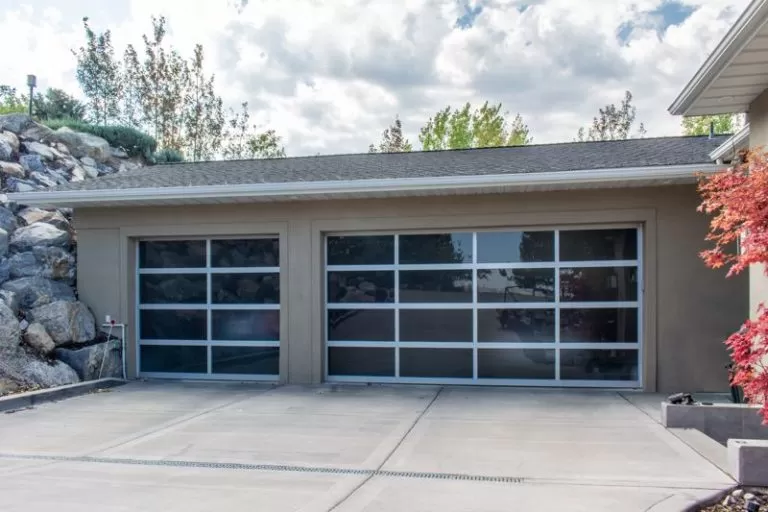When designing or renovating your home, the garage door might not be the first thing that comes to mind. However, it’s a crucial element that deserves careful consideration. Getting the right garage door size can significantly impact usability, aesthetics, and even the resale value of your property. So, let’s delve into the world of standard residential garage door sizes and why they matter.
Why Garage Door Size Matters
The garage door isn’t just a barrier between your car and the elements; it’s a crucial component of your home’s design and functionality. The primary purpose of a garage is to provide shelter and security for vehicles, tools, and other personal belongings. A properly sized garage door provides homeowners with easy access and efficient space utilization. The size of your garage can also significantly influence the style of your home’s exterior. A disproportionately sized garage door can severely depreciate your property’s architecture.
Standard Dimensions
While custom garage doors can be tailored to fit almost any opening, standard sizes are commonly used in residential construction. These dimensions are typically based on the average vehicle sizes and the space required for maneuverability.
- Single Garage Doors:
- Width: 8 to 9 feet
- Height: 7 to 8 feet
- Double Garage Doors:
- Width: 16 feet
- Height: 7 to 8 feet

Single vs. Double Garage Doors:
Single Garage Doors: Compact & Efficient
Single garage doors are ideal for homes with limited space or for homeowners who only need to accommodate one vehicle.
Double Garage Doors: Spacious & Versatile
Double garage doors are perfect for homeowners with multiple vehicles, larger vehicles, or those who require additional storage space.
Factors to Consider
While standard sizes provide a helpful guideline, several factors can influence the ideal garage door dimensions for your home:
- Vehicle Size: Consider the size of your vehicles, including their width, height, and length. Make sure your garage door can accommodate your vehicles comfortably without risk of damage.
- Additional Storage Needs: If you plan to use your garage for storage or as a workspace, factor in the space required for shelving, cabinets, or workbenches.
- Architectural Style: Choose a garage door size that complements the architectural style of your home. A well-proportioned garage door enhances curb appeal and elevates your property’s aesthetic.
- Future Needs: Try to anticipate your future needs when selecting the size of your garage door. If you plan to upgrade to larger vehicles or might require additional storage space in the future, consider opting for a slightly larger door.
Choosing A Plus Garage Doors
If you have questions about your garage door size, our experts at A Plus Garage Doors are here to help. Our knowledgeable team understands the nuances of garage door sizing. By choosing A Plus Garage Doors, customers gain access to personalized guidance tailored to their specific needs. Additionally, our dedication to customer satisfaction means that clients can rely on prompt and accurate responses to their questions. When it comes to choosing the right garage door, trust A Plus Garage Doors to provide the expertise and support you need.
While the size of your garage door may seem like a minor detail, it plays a significant role in the functionality, aesthetics, and value of your property. Whether you opt for a single or double garage door, investing in the right size is key to maximizing both the utility and visual impact of your garage. So, by understanding standard residential garage door sizes you can now choose a garage door that perfectly meets your needs and enhances your home.





